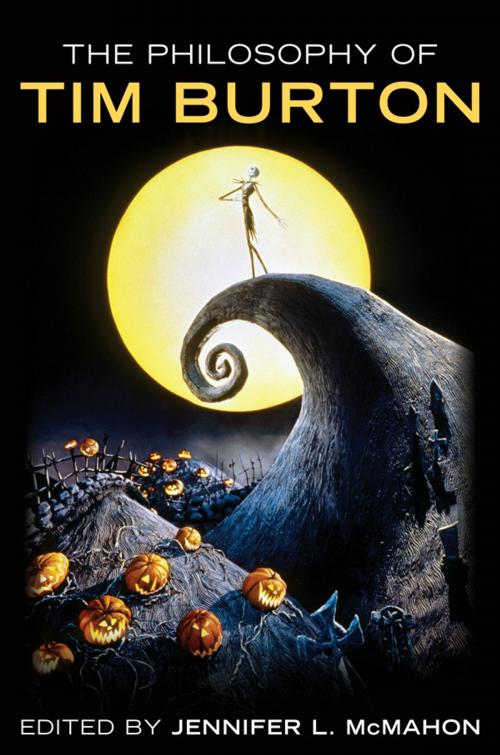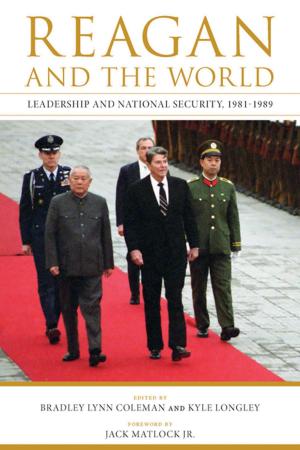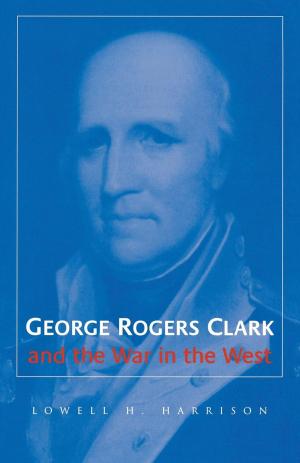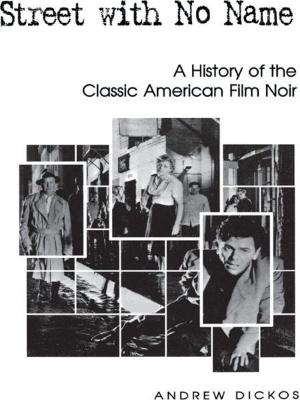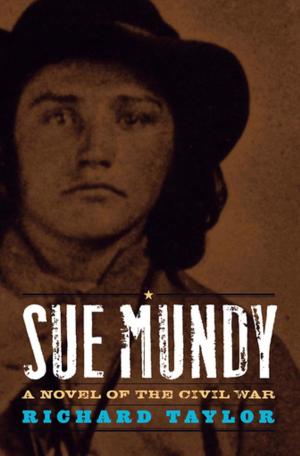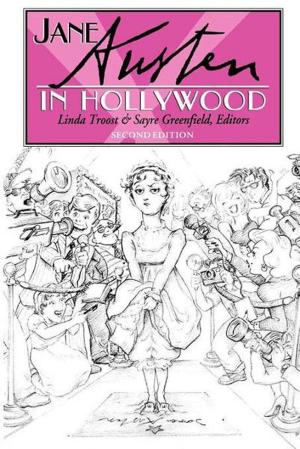The Philosophy of Tim Burton
Nonfiction, Entertainment, Film, History & Criticism, Performing Arts, Religion & Spirituality, Philosophy| Author: | Ken Hada, Ryan Weldon, Daniel Sullivan, Mark Walling, Paul A. Cantor, Steve Benton, Kevin S. Decker, Kimberly Baltzer-Jaray, Jennifer L. Jenkins, Deborah Knight, George McKnight, Jennifer L. McMahon, David LaRocca, Debbie Olson | ISBN: | 9780813144634 |
| Publisher: | The University Press of Kentucky | Publication: | March 24, 2014 |
| Imprint: | The University Press of Kentucky | Language: | English |
| Author: | Ken Hada, Ryan Weldon, Daniel Sullivan, Mark Walling, Paul A. Cantor, Steve Benton, Kevin S. Decker, Kimberly Baltzer-Jaray, Jennifer L. Jenkins, Deborah Knight, George McKnight, Jennifer L. McMahon, David LaRocca, Debbie Olson |
| ISBN: | 9780813144634 |
| Publisher: | The University Press of Kentucky |
| Publication: | March 24, 2014 |
| Imprint: | The University Press of Kentucky |
| Language: | English |
Director and producer Tim Burton impresses audiences with stunning visuals, sinister fantasy worlds, and characters whose personalities are strange and yet familiar. Drawing inspiration from sources as varied as Lewis Carroll, Salvador Dalí, Washington Irving, and Dr. Seuss, Burton's creations frequently elicit both alarm and wonder. Whether crafting an offbeat animated feature, a box-office hit, a collection of short fiction, or an art exhibition, Burton pushes the envelope, and he has emerged as a powerful force in contemporary popular culture.
In The Philosophy of Tim Burton, a distinguished group of scholars examines the philosophical underpinnings and significance of the director's oeuvre, investigating films such as Batman (1989), Edward Scissorhands (1990), The Nightmare before Christmas (1993), Sleepy Hollow (1999), Big Fish (2003), Sweeney Todd (2007), Alice in Wonderland (2010), and Dark Shadows (2012). The essays in this volume explore Burton's distinctive style, often disturbing content, and popular appeal through three thematic lenses: identity, views on authority, and aesthetic vision.
Covering topics ranging from Burton's fascination with Victorian ideals, to his celebration of childhood, to his personal expression of the fantastic, the contributors highlight the filmmaker's peculiar narrative style and his use of unreal settings to prompt heightened awareness of the world we inhabit. The Philosophy of Tim Burton offers a penetrating and provocative look at one of Hollywood's most influential auteurs.
Director and producer Tim Burton impresses audiences with stunning visuals, sinister fantasy worlds, and characters whose personalities are strange and yet familiar. Drawing inspiration from sources as varied as Lewis Carroll, Salvador Dalí, Washington Irving, and Dr. Seuss, Burton's creations frequently elicit both alarm and wonder. Whether crafting an offbeat animated feature, a box-office hit, a collection of short fiction, or an art exhibition, Burton pushes the envelope, and he has emerged as a powerful force in contemporary popular culture.
In The Philosophy of Tim Burton, a distinguished group of scholars examines the philosophical underpinnings and significance of the director's oeuvre, investigating films such as Batman (1989), Edward Scissorhands (1990), The Nightmare before Christmas (1993), Sleepy Hollow (1999), Big Fish (2003), Sweeney Todd (2007), Alice in Wonderland (2010), and Dark Shadows (2012). The essays in this volume explore Burton's distinctive style, often disturbing content, and popular appeal through three thematic lenses: identity, views on authority, and aesthetic vision.
Covering topics ranging from Burton's fascination with Victorian ideals, to his celebration of childhood, to his personal expression of the fantastic, the contributors highlight the filmmaker's peculiar narrative style and his use of unreal settings to prompt heightened awareness of the world we inhabit. The Philosophy of Tim Burton offers a penetrating and provocative look at one of Hollywood's most influential auteurs.
